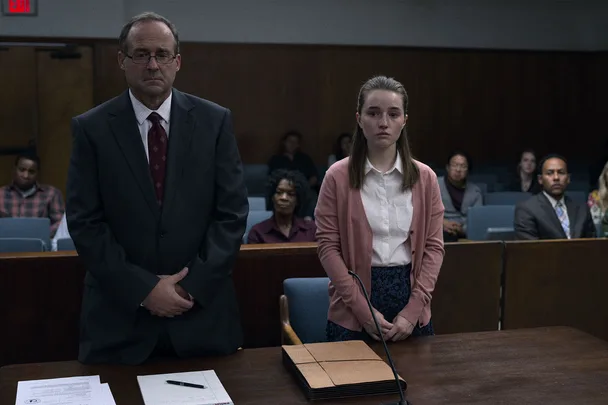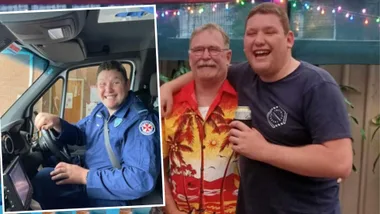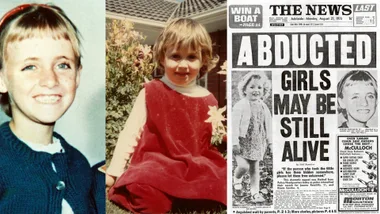In the town of Lynnwood, Washington, in March 2009, an 18-year-old girl sat in court alone, accompanied only by her public defender.
WATCH: Today show host’s emotional reaction to Matt Lauer rape allegation
Marie* was charged with a gross demeanour, a low-level offence that would rarely make it in front of a judge.
But this case was especially peculiar. Seven months earlier, on August 11, 2008, Marie reported that she had been raped at knifepoint by a masked intruder.
The man had tied and gagged Marie, raped her, took photos and threatened to post them online if she contacted police.
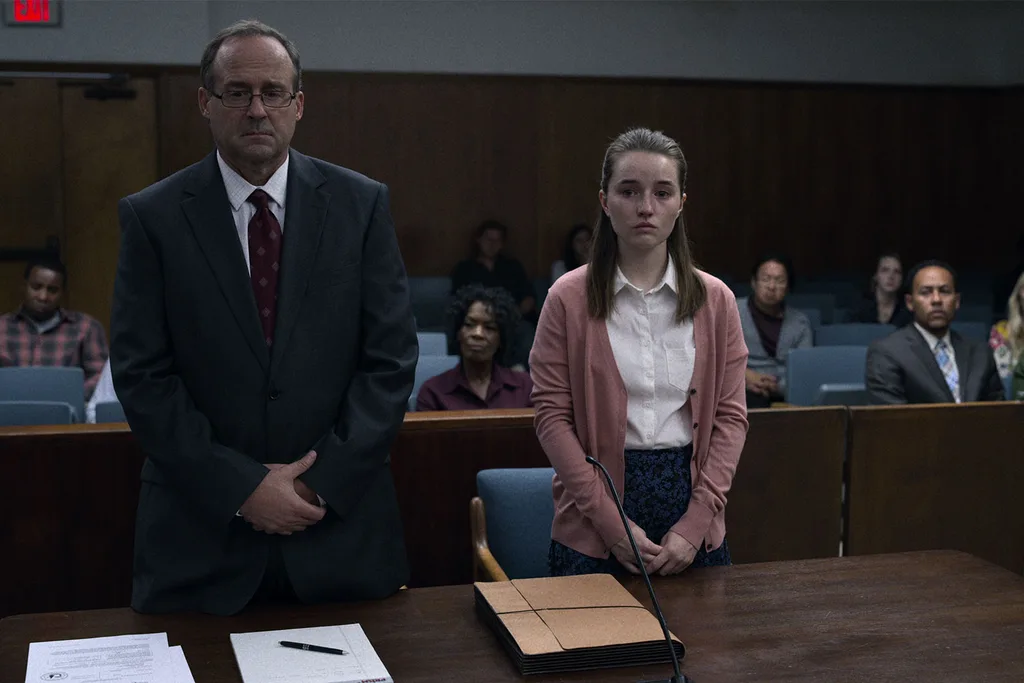
But Marie, a former foster child, called the police anyway.
After detectives questioned her, they began to notice small inconsistencies in her story.
Marie’s foster mother Peggy even rang the police to voice her own suspicions about the assault.
Finally, the lead detective confronted Marie, declaring that her “story and the evidence didn’t match” and accused her of making it up.
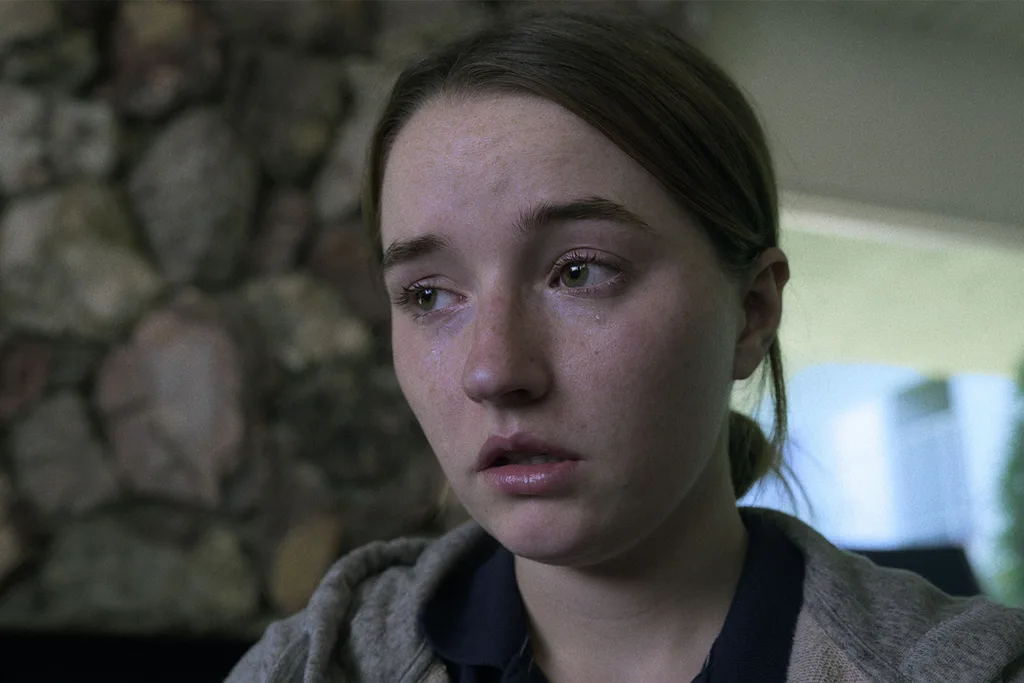
Marie broke down. Yes, she said. The story was false. She hadn’t been raped.
She recanted her original report and confirmed in a written statement that she’d lied.
“The only way they would leave me alone is if I wrote a statement saying that it didn’t happen,” Marie later told This American Life.
Marie tried to retract her written statement a week later.
The teenager even offered to take a lie detector test to prove she wasn’t crying wolf.
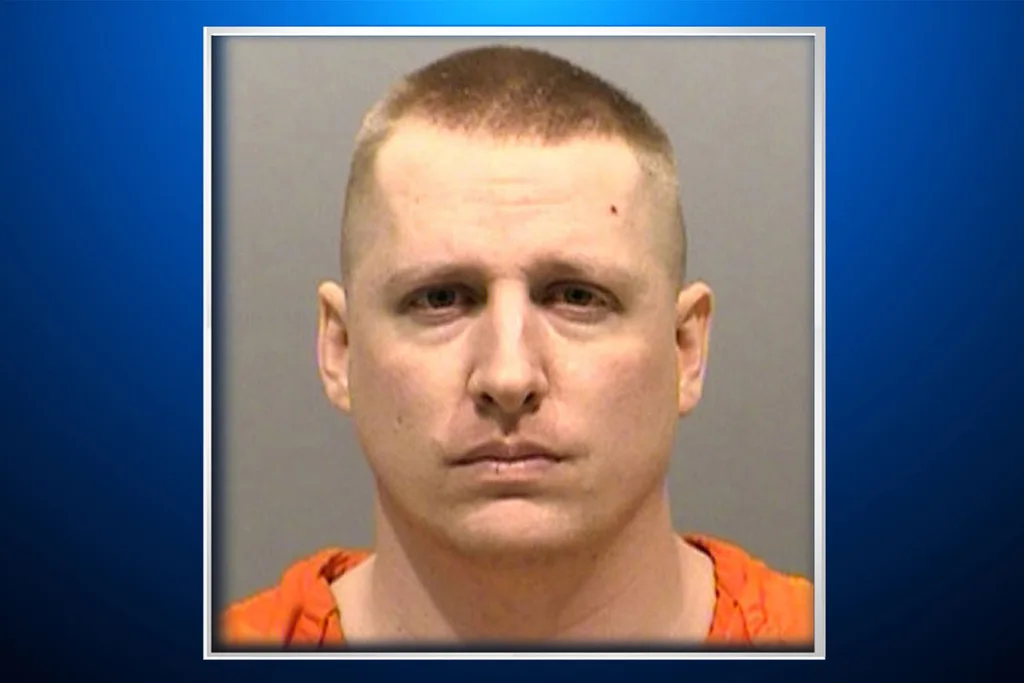
But the police warned she’d be jailed and would lose her housing assistance if she failed the test. Terrified of the consequences, Marie backed down and admitted again she was lying. She was forced to tell her friends and family she had lied about the rape.
It left her feeling shunned, alone and borderline suicidal.
To add to her despair, Marie was then charged with false reporting, a demeanour that was punishable to up to a year behind bars.
No-one was looking for her rapist. It was case closed, according to Lynnwood police.
By March the following year, Marie had appeared in court.

The prosecution proposed a deal – the charges would be dropped if Marie agreed to seek mental health counselling for lying, go on supervised probation and paid $500 to cover the court costs.
“Marie wanted this behind her,” the original article by The Marshall Project reads. “She took the deal.”
However, as Marie’s nightmare unfolded, more rapes were happening in Washington and across the state of Colorado.
In October 2008, a 63-year-old woman reported being raped by an intruder who tied her up and took pictures.
A year later, a 65-year-old woman reported a chillingly similar assault. Again, in July 2010, a woman, 46, reported that a man had broken into her apartment and attempted to tie her up. She escaped by jumping out her bedroom window.
It happened twice more, once in August 2010 to a 59-year-old woman and in January 2011 to a 26-year-old woman.

Detective Stacy Galbraith responded to the first rape and after investigating, believed she may be dealing with a serial rapist.
She contacted a detective from a neighbouring country, Edna Hendershot, hoping they could collaborate to catch the perpetrator.
One seemingly insignificant detail about the attacker tied all the cases together: he had a dark, egg-sized birthmark on his left calf.
By February 2011, Galbraith and Hendershot had their guy. It was 32-year-old Marc O’Leary, an army veteran living with his brother.
After securing a search warrant for his home, the detectives found encrypted images on his computer which linked him to dozens of rapes.
One picture was of Marie, bound and gagged in her bed, looking terrified.
Galbraith and Hendershot had no idea about Marie’s rape and subsequent retraction, but were able to track her down, thanks to O’Leary having stolen her learner’s permit.
Lynnwood police found Marie living in south Seattle.
They said her rapist had been located and arrested in Colorado.
“They said her record would be expunged. And they handed her $500, a refund of her court costs. Marie broke down, experiencing, all at once, shock, relief and anger,” the original article reads.
In December 2011, O’Leary pleaded guilty to 28 counts of rape in Colorado and was sentenced to 327-and-a-half years in prison.
And in June 2012, he was sentenced to another 28 years for Marie’s assault.
In 2019, Marie’s harrowing story was adapted into the Netflix series Unbelievable.
Toni Collette and Merritt Wever play the determined female detectives who find justice for the young foster girl – played by Kaitlyn Dever – who never cried wolf.
For more, pick up the latest copy of New Idea on sale now!

